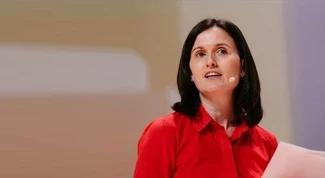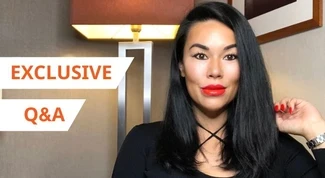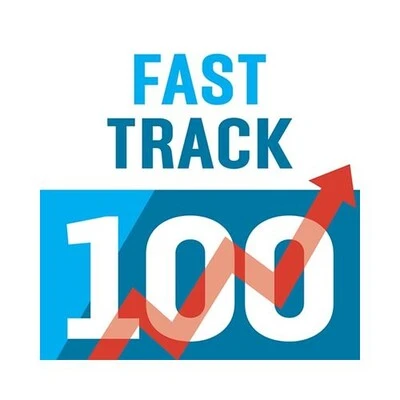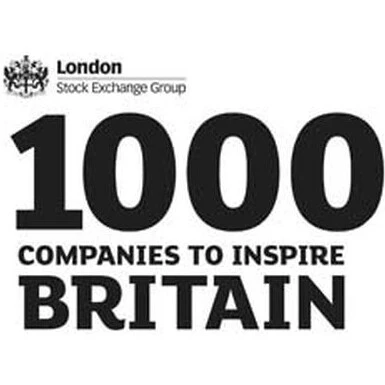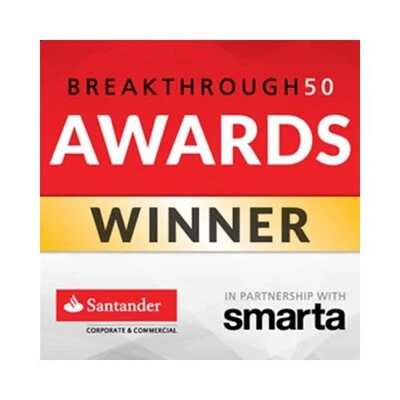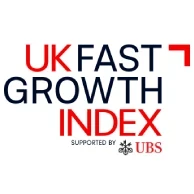Former Creative Director of Apple, Ken Segall, worked closely with Steve Jobs and continues to promote his legacy of simplicity to help businesses reach their full potential to this day. Credited with naming the iMac, Ken saved Apple from near bankruptcy, leading the legendary ‘Think different’ campaign which helped redefine and reignite Apple’s image.
Ken has also worked for industry-leading companies such as IBM, NeXT, Dell and Intel, proving his creative genius and extensive knowledge on all things branding and marketing. His ability to adapt and evolve with the times demonstrates why he is such a highly sought-after keynote speaker, delivering inspiring speeches to high-profile businesses globally.
In this interview, Ken readily shares his unique insight into virtual events, the impact of COVID-19 on branding and marketing, the qualities of a good leader, as well as why the simplicity concept is still as relevant today as it has always been.
Q: What is your opinion on virtual events, and do you think they are here to stay?
“I have to be honest, at first I thought it was kind of disappointing because I really enjoyed being with people and getting live reactions and all that. It’s a whole different experience now, and it can be good in a certain way too.
“I don’t have to travel anymore, that’s one thing. I don’t hear immediate reactions from people but you can see [their] faces, you get asked questions and you can engage in conversation, so in that sense, it's almost more personal because it can be kind of one-on-one.
“It’s not ideal – I’d prefer to be travelling the world and meeting people, but it’s a pandemic and we all have to do what we can. One day, sometime in the hopefully not too distant future we can all get on aeroplanes again and be within 6 feet of each other without a mask.
“When we started doing virtual events, I deluded myself into believing it would be all over in a few months. Then they said it would be early 2021 and then maybe by fall 2021, so there’s a feeling that maybe we’ll never go back to the way it was before - but I think the world will return to normal. It’s hard to believe that this is a permanent thing because it's built into us to want to get together and talk and interact, so I look forward to that time. I’ve given up predicting when that will be.”
Q: In your opinion, what impact has COVID-19 had on branding and marketing?
“The impact of COVID on marketing - interesting. I think about my immediate life and how I might have been working in an office with a bunch of people devising marketing plans and things like that, and then I realise now people are doing that but they’re doing it virtually. It’s hard for me to imagine working in that kind of way but I do think because so many more people are online it does raise all kinds of new possibilities, and that’s the beauty of this world - whatever the trend is, entrepreneurs, find ways to develop and take advantage of the trends.
“So, with more and more people being online and connecting, I think there are opportunities for marketers to change the way they talk to people. I have always put my faith in smart, creative people and that will never change. Whatever the challenge is, the smart and creative people will always find ways to thrive in that environment.”
Q: Would you say simplicity is more important now than ever, because of coronavirus?
“I’ve always thought that the concept of simplicity is important before coronavirus, and I continue to think that after. To me, it is one of those universal things that apply to all people at all times, because it's built into every human being that we prefer a simpler experience to a more complicated one.
“So, I think again in this new environment there are new ways for people to take advantage of the power of simplicity because it will always be attractive if you can present customers or employees or whoever with a simpler way to absorb what you’re trying to say, or what you’re trying to sell.
“There are always interesting new ways to do that and sometimes I imagine Steve Jobs if he were still alive, what would he be doing in certain circumstances. I think the principles that drove him - simplicity being one of them - would always be applicable. I think there are universal things that really don’t change all that much, even though world events may change rather dramatically.”
Q: How can brands stand out in such a competitive market?
“I think any brand looking to stand out at any time really has to pay attention to the basics and one of them is truly understanding your audience and understanding [what] their wants and desires are, and connecting with them on some kind of emotional level so it’s not just a transaction. Having worked with different companies with different philosophies, that was one of the things that always struck me - the difference between say Apple and Dell. We never had any conversations at Dell about making emotional connections with people and that was almost all we talked about at Apple.
“So, it’s really a question of building loyalty, which you want to do in any environment, and to do that you have to really respond to people’s values, and you have to project your own values to attract like-minded people. When you connect with your values, it isn’t just a fleeting thing like a single transaction based on money, it’s more of an attachment thing so it helps you in the present - but more importantly, it also creates loyalty.
“This is something people don’t really think too much about, with the way Steve Jobs worked. Back at the beginning when the company was struggling, when Steve returned, he did a lot of things that had long-term effects and at the time people thought it was a waste of money, but he was trying very consciously to build this eco-system one little step at a time. Suddenly, Apple has this eco-system that draws people in and keeps people in, and this was part of his long-term plan done through connecting with people on an emotional level.”
Q: What qualities do you think make a good leader?
“This is a very interesting question because I use my own experience, just as a guy who used to work in ad agencies. I had some leaders who were kind, understanding, supportive, they would show up at our parties and we were sort of a big family. I’ve also worked with leaders who were aloof and demanding and not interested in that kind of relationship, and there’s certain intimidation that comes along with that.
“I see the value in both approaches, to be honest. I’ve always thought when people, especially creative people, are given too much leeway, it doesn’t light that fire under you like when you work for a leader who is demanding. You need a little bit of a threat hanging over your head and the degree to which that is a good thing is debatable. But again, I go back to Steve Jobs, he was very demanding, and you did feel like if I don’t do something good my job could be in jeopardy. But it was also thrilling because he had such high standards and when you were able to please him with your work, it felt like a real accomplishment, and you’d see that your work had a real impact on the world and you appreciated being part of that.
“I have also worked with people who had all the bad parts without the good parts, and those were the times in my life where I finally had to say, ‘you know what, there’s probably a better job somewhere else in the world’ and I moved on.
“So, I do think it is important for a leader to be inspirational, charismatic, who always helps, and I think demanding is a very good thing. But able to communicate, total honesty, tell you what you’re doing right and what you’re doing wrong. You’re on the same team, you both want each other to succeed and I think some leaders are too cruel, shall we say, so you come to resent them and, as demanding as Steve jobs could have been, I never resented him being the boss because he was inspiring in many ways, you wanted to succeed on that level. I think a great leader embodies those characteristics without being oppressive.”
Q: If you could give yourself one piece of advice at the start of your career, what would it be?
“You know what? I’m going to take the easy way out and I will tell you the advice that was given to me at the start of my career because I had no idea what was to come.
“In my very first job in advertising, I wasn’t even in the creative department I was just a file clerk basically. I started talking to the creative leaders and they gave me their advice which was: ‘Always care about the work, only work at great agencies on great products. Don’t worry about the money ever because if you succeed doing those things and do the high-quality work, the money will take care of itself in the end.’- I’m not sure if it quite did that for me but it was a good idea!
“I think it’s important to care about the work that you do to a very high degree - spend the late nights and the weekends, give it your all and you’ll get good at what you do. Actually, when I started as a writer in advertising, I was not very good, I didn’t get it at all and I just sort of immersed myself in it and I watched everything that was going on around me, and I dedicated myself to learning the craft.
"I never changed jobs based only on the money, for me it was always about working on what I really believed in. I was interested in technology mostly, so I went to work only for the accounts I thought were really great like IBM and Apple in the old days when Steve Jobs wasn’t even there because it was what made me happy and it made me excited about going to work on a Monday morning.
“That was my rule actually – if you go to work on a Monday morning and you’re kind of annoyed that you have to do it, you have to think twice about what you’re doing - you should be passionate about what you do.”
Hire Ken Segall
To book Ken Segall as the speaker for your corporate event, webinar or conference, simply contact the Champions Speakers agency by filling in our online contact form or by calling a booking agent directly on 0207 1010 553.
